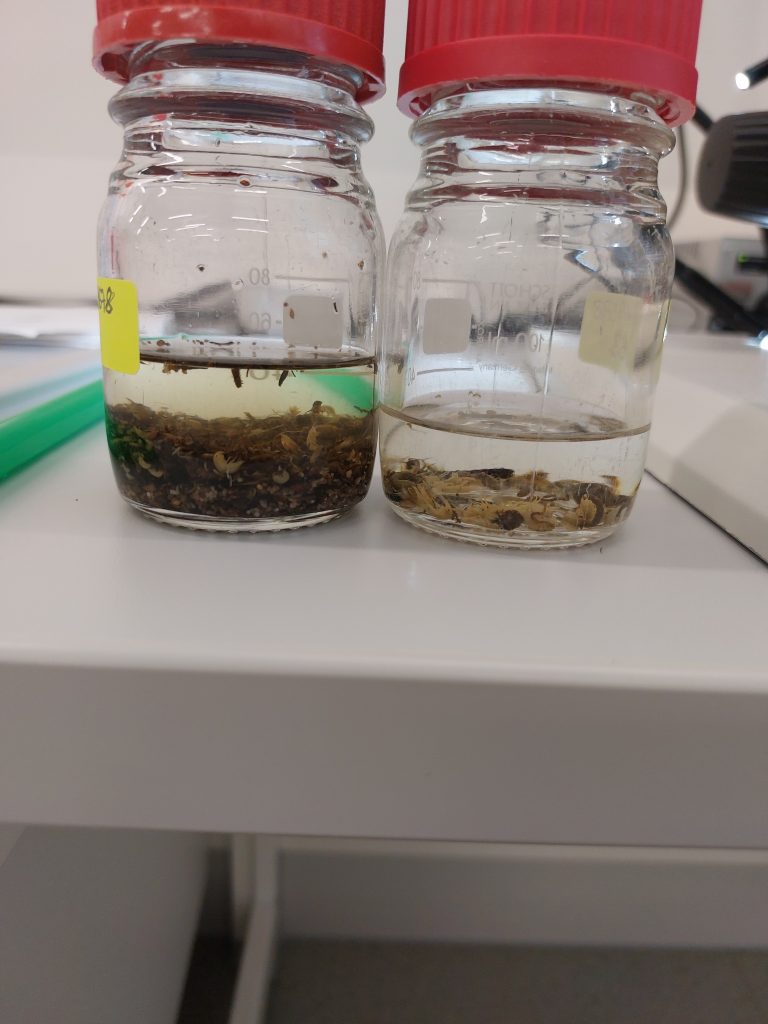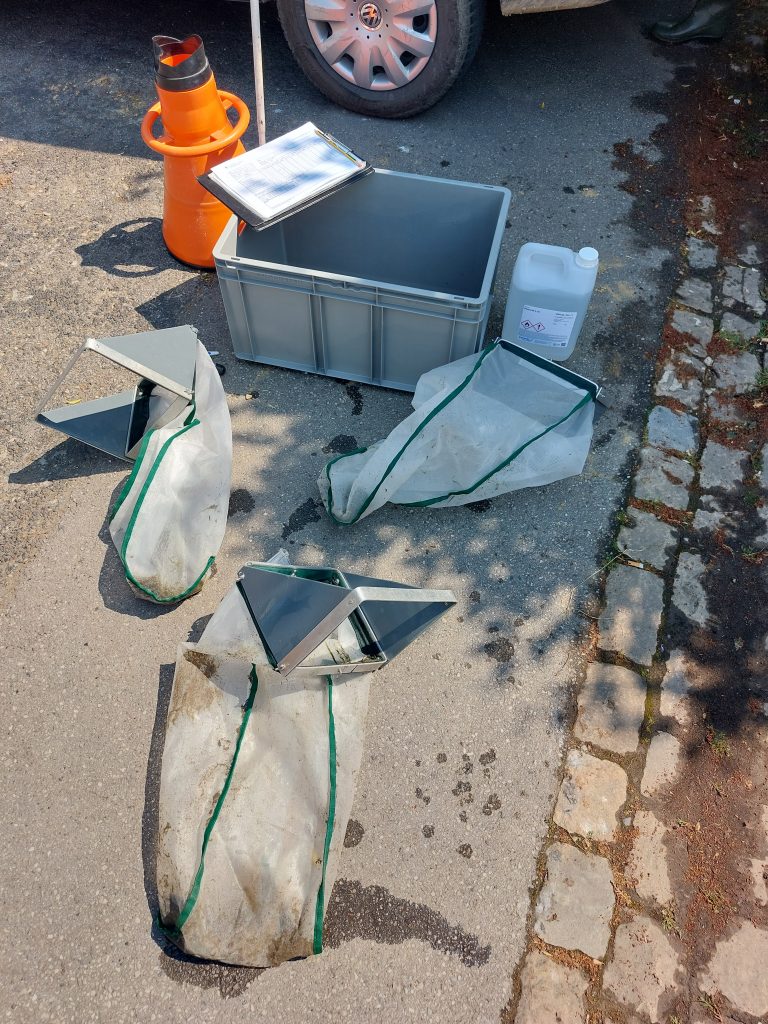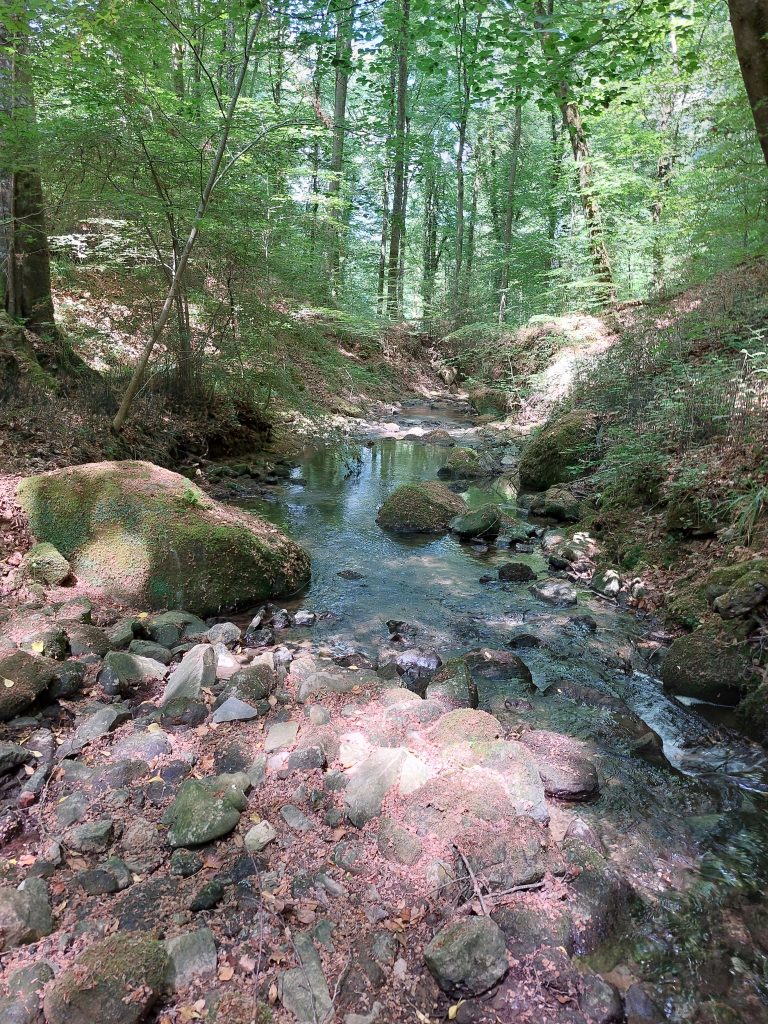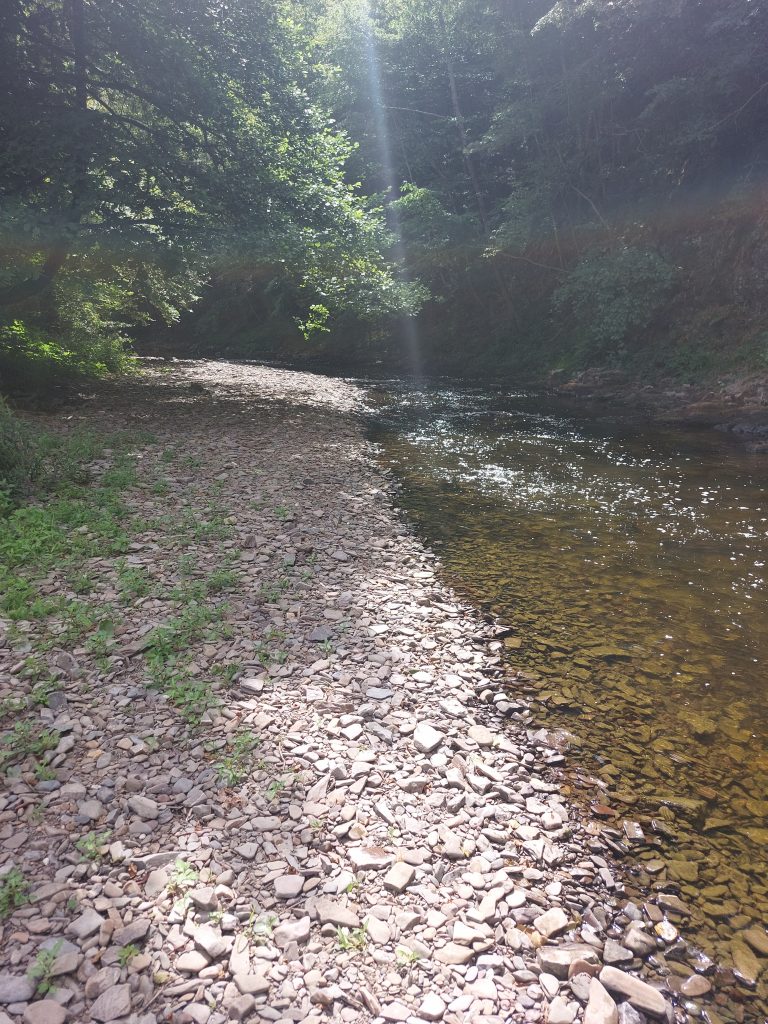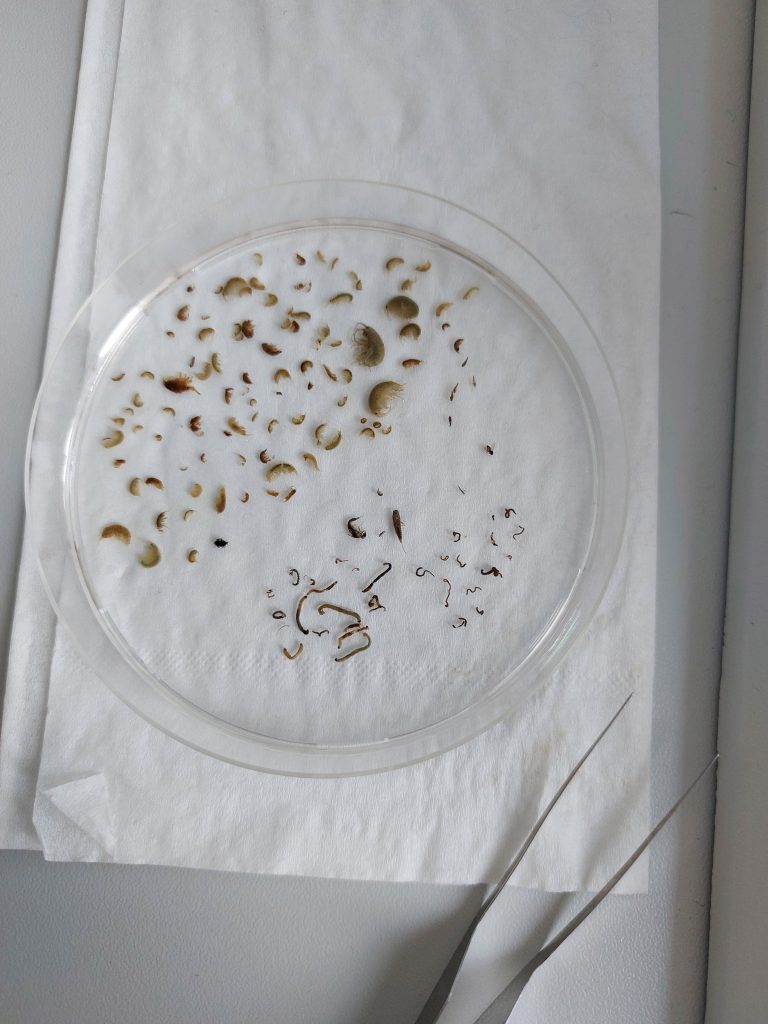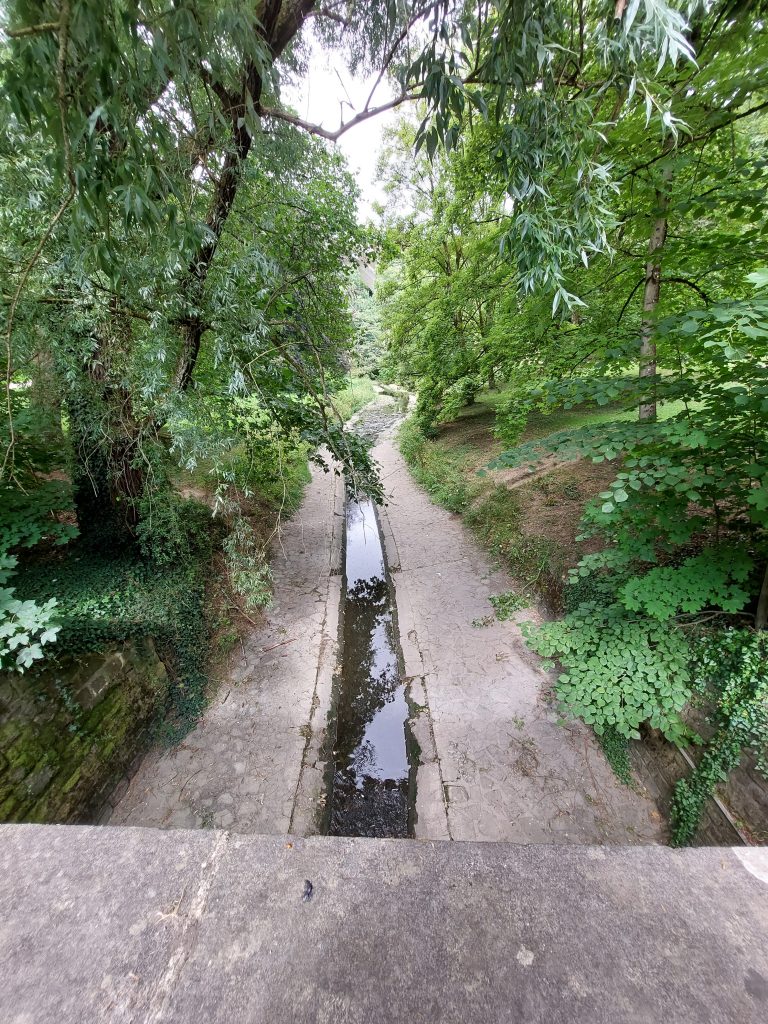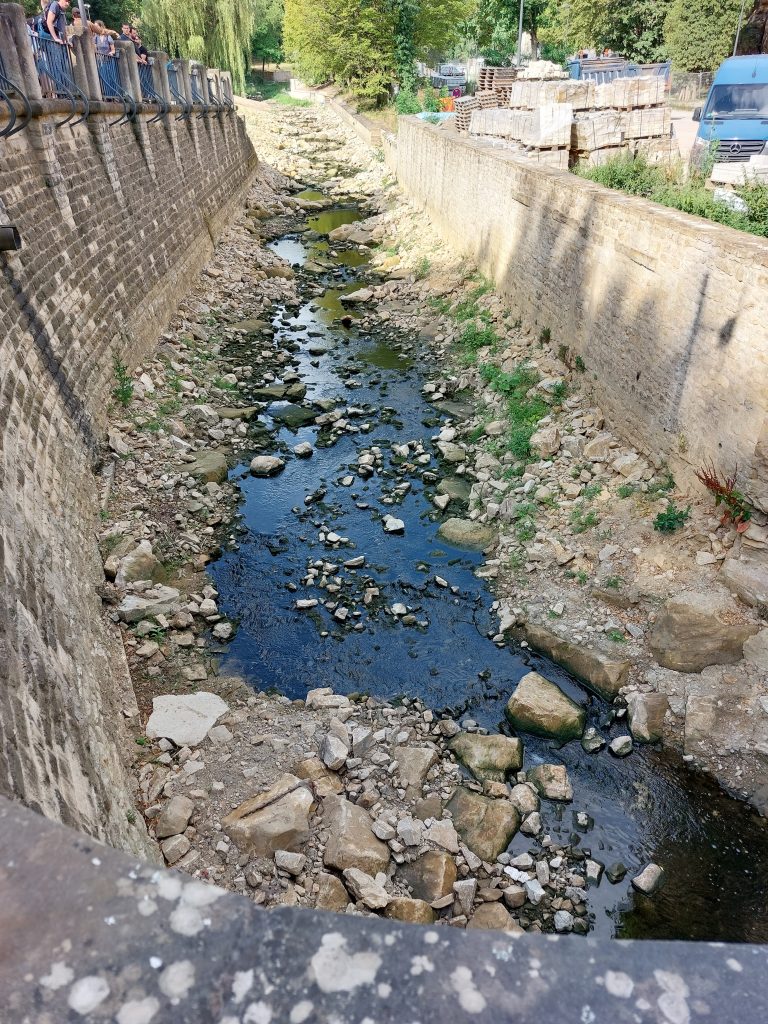In this blogpost, Loris Di Scipio shares his internship experience at Administration de la gestion de l’eau (AGE) in Luxembourg. Students of the Environmental Pollution Management (Ecotoxicology) Program complete an 8-week internship each year, the so-called “AMEO”. The AMEO is performed either at an external university, governmental or industrial research institute where students learn to apply the competences achieved during their study. Students also use this opportunity to not only travel and explore Germany, but also other countries!
“My name is Loris Di Scipio. I completed my internship at the Administration de la gestion de l’eau (AGE) at the Ministry of Environment in my home country, Luxembourg. The AGE is a government body focusing on different aspects of water quality in Luxembourg. Water samples are analyzed on a daily basis regarding physico-chemical properties as well as spectrometry involving the detection of heavy metals, for instance.
During my eight weeks at the AGE, my primary task was collecting samples from various streams across the country. These samples are crucial for evaluating the biological state of the streams, providing insights into water quality. Parameters such as fish, phytoplankton, macroinvertebrates and diatoms were carefully assessed. Sampling involved collecting different plants, algae and macroinvertebrates from specified sections in the stream. In the laboratory, my task was to sort and identify the collected macroinvertebrates (Fig.1,2 and 6). The overall biological state was determined by considering all the mentioned parameters. The results will be sent to the European Union in accordance with the European Water Framework Directive, which aims to have all streams in good condition by 2030.
Streams identified as not in good condition are targeted for improvement through measures like renaturation (Fig. 7 – 8). During the internship, I had the opportunity to visit a recently finalized renaturation project for a stream in Luxembourg City. Additionally, I conducted routine controls in the communes, collecting drinking water samples with a focus on chlorine and nitrate content. I also visited a stream polluted by unintentional industrial waste into the river and a wastewater treatment plant for regular water quality checks.
Overall, I had a great time doing my internship at the AGE and I recommend it to students looking for an internship offering lab and field work. “
